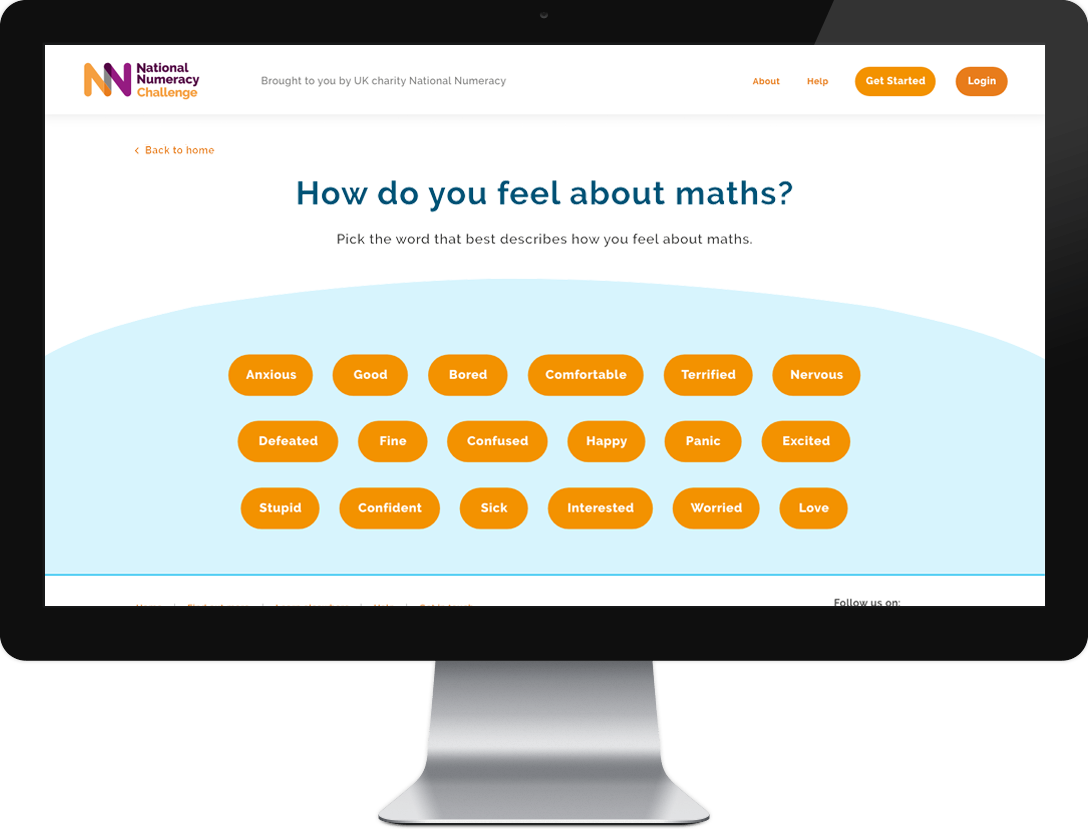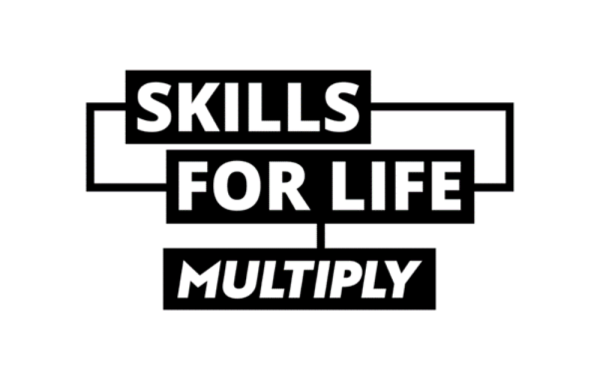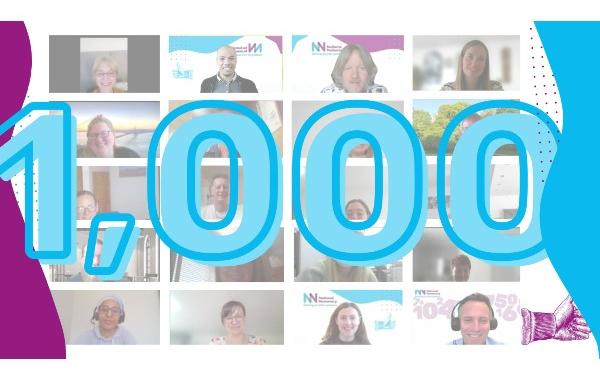The report is released to coincide with Number Confidence Week which kicks off 1 November, seeking to help boost the way the nation feels about numbers.
Over the past six months, National Numeracy has tracked the reasons 26,000 people have given for wanting to improve their number confidence and skills when using the National Numeracy Challenge online tool. The leading reason given is ‘to get on in work’.
Analysis shows that improving both number confidence and skills gives a bigger boost than skills or confidence alone, when it comes to feeling more able to take next steps in to work: 61% of confidence and skill improvers (1,379 people) said they felt more able to get a qualification, find a job or get on at work.
But, crucially, improving confidence with numbers alone was enough to give a big boost to feeling better able to get on at work: 48% (892 people) who improved their number confidence, but not their skills, feel better able to get a qualification, find a job or get on at work.
While just improving skills, but not confidence, boosts feelings of being better able to get on in work, it’s to a much lesser degree than when confidence is also improved: 20% (192 people) of people who improve their number skills, but not confidence felt better able to get a qualification, find a job or get on at work.
The charity also found that women feel significantly less confident with numbers than men, even when they have a high level of skill with numbers.
These new findings supplement research for National Numeracy carried out in May 2021 of a nationally representative survey of 2,000 adults (18+) that found nearly one in five people (18%) avoid applying for a job or qualification because it, or the interview process, involves maths.
The data reflects what National Numeracy has found on the ground – employers and employees reporting problems with number confidence and maths anxiety blocking the pipelines to key progression routes, such as apprenticeships.
So it is therefore crucial that greater attention is paid to improving confidence as a stepping-stone to improving skills, opening up access to learning and progression opportunities, and the benefits for employment that improved numeracy brings. That’s where Number Confidence Week comes in.
Number Confidence Week offers a week of fun, useful content with celebrities, experts and numeracy improvers. From livestreams to downloads, video resources to kids’ activities, there is something to help everyone feel more number confident. Kicking off on Monday 1 November, the week covers three crucial topics: supporting your children; managing your money; and getting into, or on, at work. Number Confidence Week is supported by leading global markets infrastructure and data solutions provider, TP ICAP, and as always, everything is entirely free for view and use.
Sam Sims, Chief Executive of National Numeracy said: “Feeling confident about numbers is a game-changer. Our research shows that confidence unlocks the door to skills-building and feeling better able to get in to work or get on at work or get a qualification. That’s why, this Number Confidence Week, we want to inspire as many people as possible to feel more comfortable and confident with everyday maths. Number confidence really is the foundation for opening up opportunities and brighter futures.”
Nicolas Breteau, Group Chief Executive of TP ICAP, the founding partner of Number Confidence Week, said: “We know that numeracy is crucial in today’s world, not only for the success of our industry but also in enabling individuals to make better choices for their finances and careers. Our research has shown that low confidence with numbers remains a significant barrier for many, and often holds talented individuals back from considering a career in financial services. It’s important that we change that, which is why we became a founding partner of Number Confidence Week”
Boosting numeracy levels in the UK is key to building a skilled nation able to recover from the pandemic after a period of immense instability in our job markets. The UK’s numeracy levels are significantly below the average for developed countries, with 49% of the UK’s working-age population having the expected numeracy levels of a primary school child. And poor numeracy costs the UK economy a staggering £25 billion a year.








